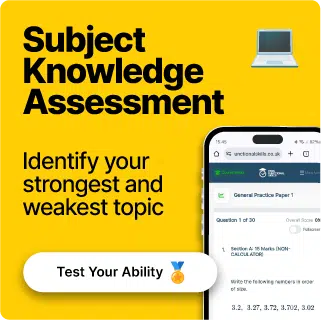Reading: Styles of Writing and Voice
Styles of Writing and Voice
For your reading exam, you will need to understand the difference between personal and impersonal writing, and also to be able to identify ‘writer’s voice‘.
Make sure you are happy with the following topics before continuing:
Writer’s Voice
Writer’s voice refers to a person’s own writing style.
This ‘voice‘ is made up of a specific combination of style, tone and language.
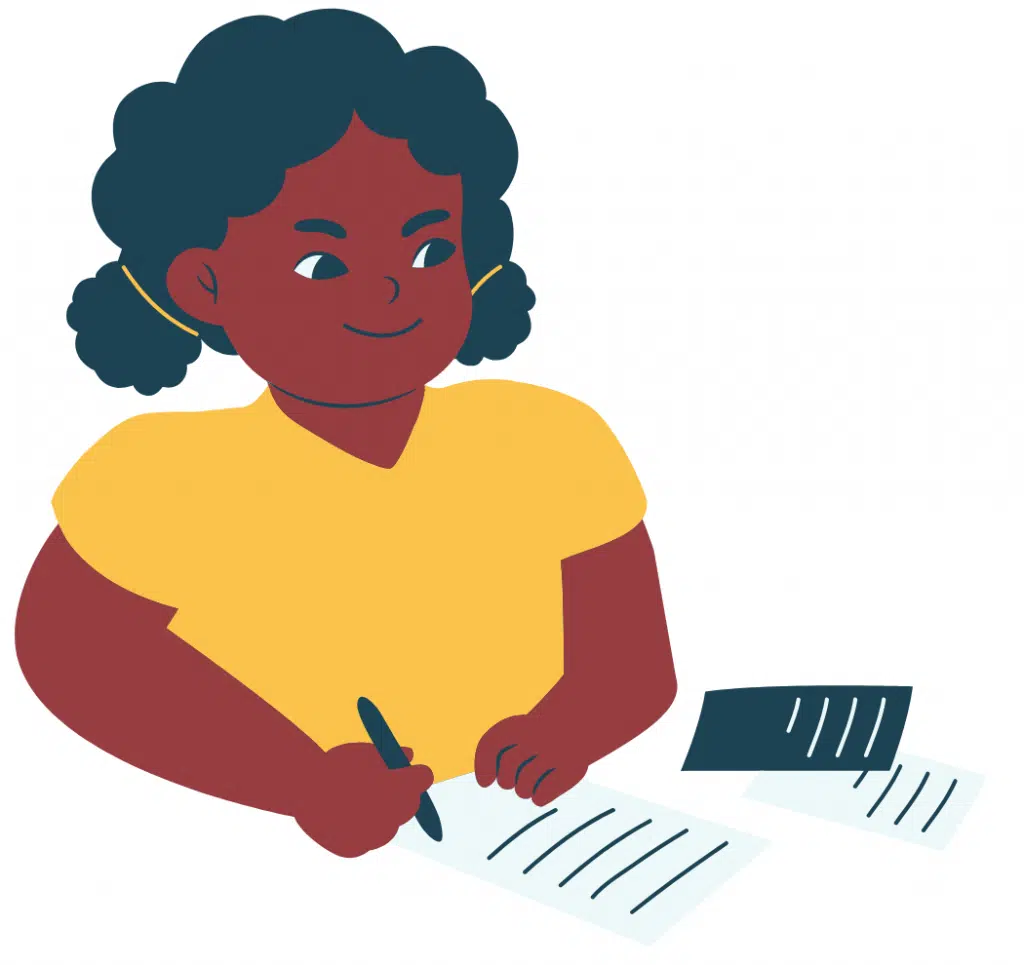

Time for a thought experiment!
Think about your favourite book…
Why is it your favourite?
You will most likely find it is the voice and the style of the writing that makes it so enjoyable!
Personal and Impersonal Tone
Personal writing involves a lot of the writer’s opinions and is often written from the point of view of the author.
For example:
‘The man cancelled his event which made me happy‘
= This sentence shows the author’s own emotions.
In personal writing, the active voice is mainly used. This means that the subject of the sentence is the one ‘doing’ the verb. i.e. the ‘man’ is doing the ‘cancelling’.
Impersonal writing does not include opinions from the author.
For example:
“There are some people who were happy that the event was cancelled“
= The author hides his own opinion in this sentence. The personality of the author is not evident in the text.
In impersonal writing, the passive voice is generally used where the subject of the sentence is having the verb ‘done’ to it.
For example:
“The boy was betrayed by his own brother“
= In this sentence, ‘the boy’ is having the verb ‘done’ to him, i.e., he is the one being ‘betrayed’.
Follow Our Socials
Our Facebook page can put you in touch with other students of your course for revision and community support. Alternatively, you can find us on Instagram or TikTok where we're always sharing revision tips for all our courses.
Formal and Informal Style
Some texts can also have a formal or informal style, which are covered more fully in other topics.
Formal writing is typically used in professional situations, or when the writer and reader do not know each other personally.
Informal writing is usually found in more casual situations, and when the writer and reader do know each other personally.


Now we know this, let’s see if we can identify which style the writer will use in each situation…
A) A text message written to an old friend, asking them to bring some birthday candles to a party.
B) An application form to a college course.
Take some thinking time…
Situation A would be written in an informal style.
Situation B would be written in a formal style.
Did you get that correct?
A)
In this situation, the reader and writer know each other personally, and are discussing a casual matter. The style it is written in therefore, will be informal.
B)
In the second scenario, the writer is communicating to a reader they do not know personally. They are also discussing an important, formal matter, and so will use a formal writing style.
Spotting style is made easier by knowing these handy tips:
Formal Writing
Uses – Doesn’t Use
Lots of specialist words – Very casual language and slang
Professional names and titles – Nicknames or acronyms (without also including the full name)
Complex and straightforward sentence structure – Simple sentence structure, or mostly straightforward sentence structure
Informal Writing
Uses – Doesn’t Use
Casual language, occasionally slang – Very formal language and lots of specialist words
Nicknames or acronyms for people or companies – Professional names and titles for people or companies
Simple or mostly straightforward sentence structure – Complex and straightforward sentence structure
Additional Resources
Exam Tips Cheat Sheet
FS Level 2Specification Points Covered
L1.12 – Recognise that language and other textual features can be varied to suit different audiences and purposes
L1.14 – Understand organisational and structural features and use them to locate relevant information (e.g. index, menus, subheadings, paragraphs) in a range of straightforward texts
L1.16 – Recognise vocabulary typically associated with specific types and purposes of texts (e.g. formal, informal, instructional, descriptive, explanatory and persuasive)
L2.12 – Compare information, ideas and opinions in different texts, including how they are conveyed
L2.13 – Identify implicit and inferred meaning in texts
L2.14 – Understand the relationship between textual features and devices, and how they can be used to shape meaning for different audiences and purposes
L2.16 – Understand organisational features and use them to locate relevant information in a range of straightforward and complex sources
L2.17 – Analyse texts, of different levels of complexity, recognising their use of vocabulary and identifying levels of formality and bias
L2.19 – Identify different styles of writing and writer’s voice
Reading: Styles of Writing and Voice Worksheet and Example Questions
Reading: Styles of Writing and Voice L2
FS Level 2NewOfficial PFSReading: Styles of Writing and Tone L1
FS Level 1NewOfficial PFSRevision Products
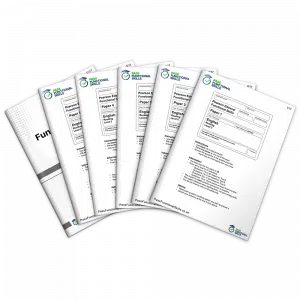
Functional Skills English Level 2 Practice Papers
This comprehensive set of 10 Functional Skills English Level 2 Practice Papers (5 reading papers + 5 writing) is a great way to revise for your upcoming reading and writing exams. These papers have been specifically tailored to match the structure, format and question types used by each of the main exam boards for functional skills English.
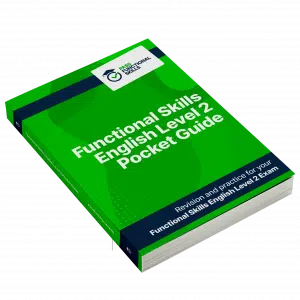
Functional Skills English Level 2 Book
Revise and practice for your functional skills English level 2 exam. All topics covered in this compact functional skills English level 2 book.
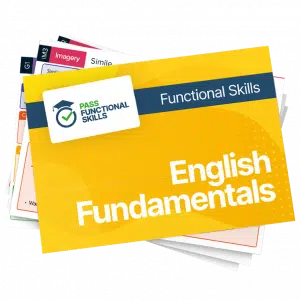
Functional Skills English Level 2 Revision Cards
Revise for functional skills English level 2, with these English level 2 fundamentals revision cards. Covering the building blocks of the essential areas of the level 2 exam.








